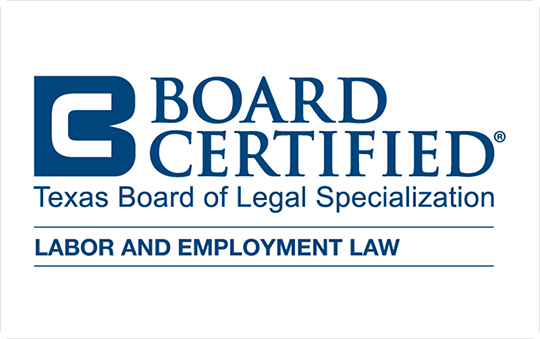Recently, a client came in and hired me to probate her deceased husband’s will. She brought in her “Estate Plan” done by another lawyer. The Estate Plan was in a large, unopened envelope containing plenty of documents. She gave me the Will. After reviewing it, I asked her for the original Will. She said: “That’s the original.” “No” I told her, “What you gave me is a copy.” As I examined the contents of the envelope, I discovered the documents were prepared about twenty years ago. I found the name of the lawyer who prepared them. According to his cover letter, he kept the original Will. Whew, I thought, I’ll call him and request the original.
No original Will: Now what?
I called him. What did he tell me? At first, he told me nothing, except he was going to check his stored files. When we next spoke, he told me: “Bugs ate the original Will.” Yes, dogs eat homework and bugs eat Wills. When I shared this answer with my beleaguered and still mourning client, she asked: “Now what?”
Plan B: probate a copy.
Well, we had to find another way to establish the validity of her husband’s Will and have my client appointed as Independent Executor. What I did for my client was present the copy of the Will to the probate court and ask the judge to validate the copy as the person’s Will appointing my client as Independent Executor. The judge validated the copy, and my client was appointed executor.
Plan B has extra steps.
This successful outcome required presenting additional information to the probate court. It required extra, time consuming steps to probate a copy. This solution was at greater expense for the client than probating the original Will.
The additional information included:
- Proof that the original Will could not be produced after completing a reasonable, diligent search for it. (Yes, we did tell the court: “Bugs ate the Will.”)
- Proof that the Will had not been revoked by my client’s deceased husband. (This was done by showing the court the original Will was never in his possession and remained in the custody of the other lawyer.)
- Proof about the contents of Will. (This was done through the copy of the Will and testimony from the client.)
The extra steps included:
- issuing different citation for probating the Will,
- attempting and serving personal service on the deceased husband’s heir under the law, and
- requesting, coordinating, receiving, and filing signed waivers from other heirs at law and beneficiaries under the Will. The additional information and extra steps added to the costs and delayed estate administration.
Plan A is better–probate the original Will.
Although it worked out for this client, this is Plan B. Plan A is probating the original Will. You can learn more about Plan A here: Where Do You Keep Your Will? Plan A: You Must Securely Store It.
Should you have any questions about probate or can’t find the original will, please don’t hesitate to contact me at [email protected] or call Glavy Law at 210-880-1777. You’ll receive the personal service you deserve.










